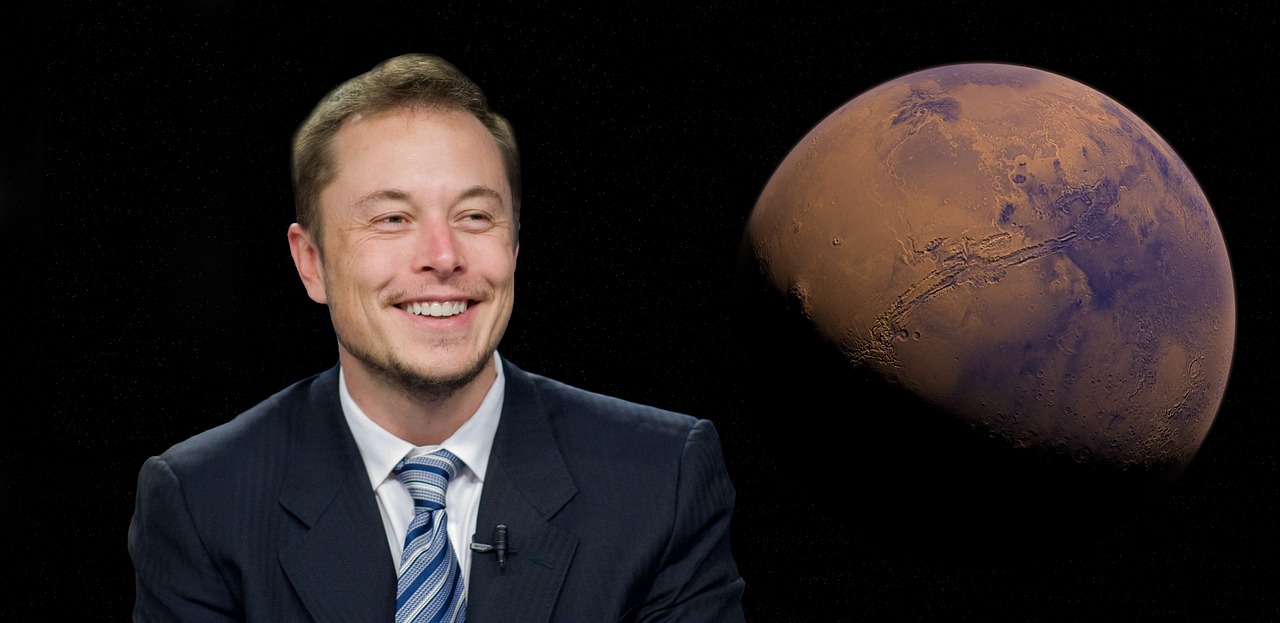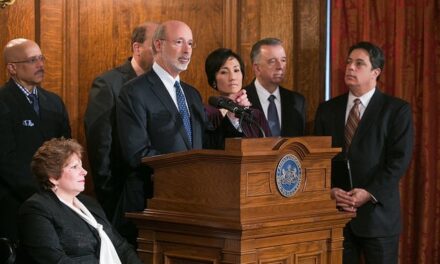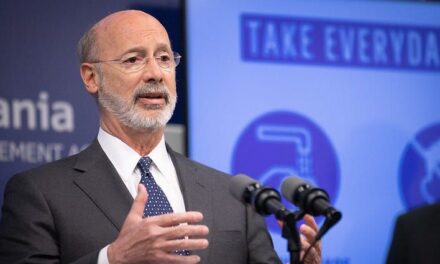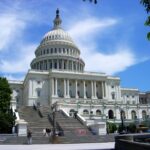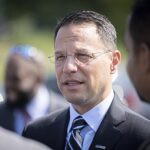In a developing story, recent reports claim that Elon Musk has been maintaining regular contact with Russian President Vladimir Putin since late 2022. This revelation has sparked concerns regarding national security and potential conflicts of interest, given Musk’s extensive government contracts and his high-level security clearance. You can read more about this on The Moscow Times.
These alleged communications are said to span personal, business, and geopolitical matters, aligning with Musk’s increasing support for Donald Trump’s presidential campaign and criticism of U.S. aid to Ukraine. Musk’s purported conversations with Putin may include discussions about business interests and global tensions. For instance, the Wall Street Journal reported that Musk and Putin even discussed Starlink’s satellite services, with Putin reportedly asking Musk to refrain from activating Starlink over Taiwan to appease Chinese President Xi Jinping. More details can be found on Newsweek.
The frequency and nature of Musk’s reported communications have raised questions about the scope of his influence on global politics. Despite Kremlin spokesperson Dmitry Peskov downplaying these reports, there are claims of multiple interactions between Musk and Putin, as mentioned by Kyiv Post.
Implications for U.S. National Security
Musk’s high-level security clearance, obtained through contracts with NASA and the Pentagon, adds another layer of complexity to these alleged communications. While the Biden administration has not issued formal warnings about potential security breaches, concerns remain over Musk’s access to sensitive information through his companies’ government contracts, as reported by The New York Times. The U.S. government is also dependent on SpaceX’s technology for critical operations, complicating any potential actions against Musk despite the unease surrounding his ties with the Kremlin.
Geopolitical Tensions and Starlink
One of the most intriguing elements of the Musk-Putin conversations involves Starlink, a critical communication system for Ukrainian forces. The request to avoid activating Starlink over Taiwan reveals the extent to which foreign leaders might attempt to influence Musk’s business decisions. It also highlights Russia’s increasing reliance on China for trade and to navigate international sanctions, further explained in The Independent.
Federal Investigations Continue
Despite his apparent political leanings, Musk’s companies continue to face significant scrutiny from federal agencies. Investigations by the National Highway Traffic Safety Administration and lawsuits by the Justice Department are among at least 20 recent reviews focusing on Musk’s ventures. Regulatory bodies are probing into Tesla’s safety practices, SpaceX’s alleged discrimination, and Tesla’s self-driving claims, as highlighted by HuffPost.
What’s Next?
Musk has denied previous claims about engaging in geopolitical talks with Putin, stating that their only conversation focused on space-related topics. However, the persistent reports and detailed allegations continue to cast a shadow on Musk’s global connections and raise questions about how they might impact his business decisions and public statements in the future, as noted by The Guardian.

